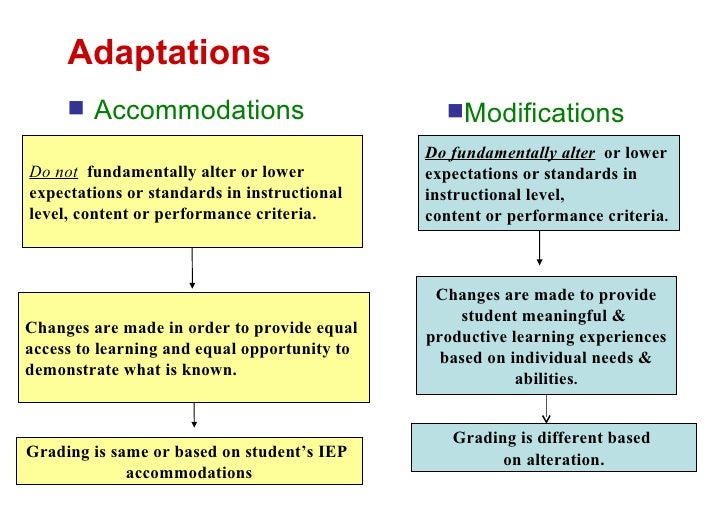
Prior to earning her PhD, Dr Harrison taught and counseled youth served by special education experiencing emotional and behavioral challenges in K-12 public school settings. Judith R. Harrison received her PhD from Texas A&M University in Educational Psychology with an emphasis in Special Education and Emotional and Behavioral Disorders (EBD). She has conducted research to investigate classroom artifacts (assignments, assessments) as evidence of teaching practice and quality to ensure that all students have access to challenging work. Jeanette Joyce received her doctorate in learning, cognition, instruction, and development from Rutgers University and has more than 15 years of experience in K-12 classroom instruction, special education services, language learning, and evaluation. This work was supported by National Science Foundation.

This preliminary investigation within a specific US context raises questions about equitable access to quality instruction that merit further exploration. Results indicate that this group of students was assigned tasks that were substantially different from their peers, were afforded fewer opportunities to access challenging, rigorous work, and that teachers may require further support to differentiate instruction. assignments and assessments) were analyzed for the type of accommodation/modification and alignment to the Next Generation Science Standards, a movement to increase the quality of science instruction. Thirty-five unique classroom artifacts (i.e. This study seeks to provide insight into how teachers in the US are adapting instruction for students who have federally legislated supports and services including modifications or accommodations and are instructed within general education classrooms. In order to create multiple entryways to instruction for students with disabilities, teachers are faced with an amalgam of possible accommodations and modifications, while simultaneously being expected to assure high standards.

Teachers are ultimately responsible for implementing school policy changes, including those driven by current United States (US) mandates that emphasize rigorous career and college readiness standards requiring high expectations for all students.


 0 kommentar(er)
0 kommentar(er)
